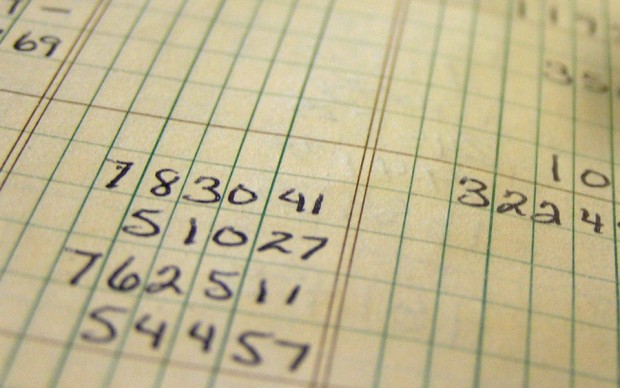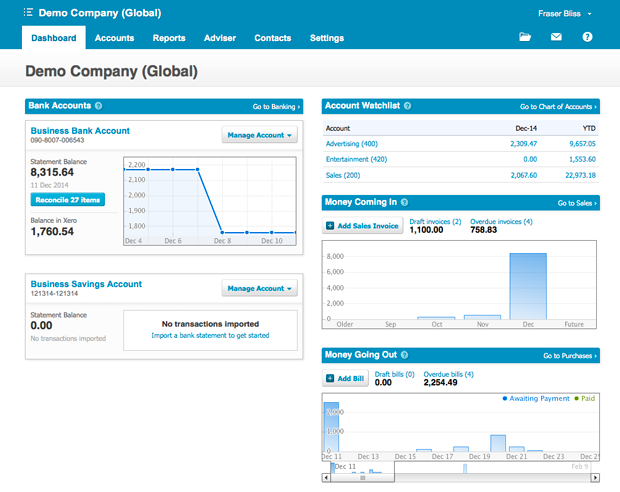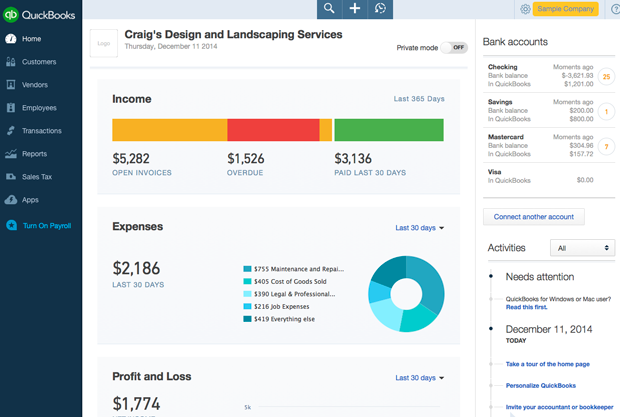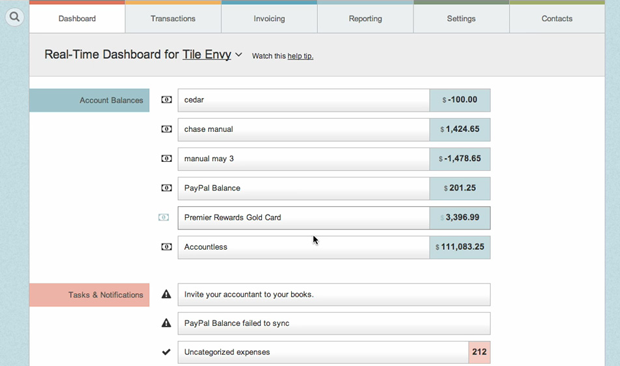
For 20 years, farmers have been using Quickbooks to keep their books in order.
Quickbooks wasn’t the best farm accounting software. It was the only option. Today, competition between vendors means farmers are spoiled for choice.
But how to decide which accounting software is best for your farm (or food hub)?
In this post, I will give you the fruits of my own research and explain the pros and cons of the top three accounting software options.
You’ll discover how to avoid the same costly mistake I made three years ago choosing accounting software and I’ll even name the one that we use at Farmwell today.
Why should you listen to me?
Only you know what you need, but maybe you can learn from my experience.
Two years ago I chose the wrong accounting software. I was trying to save on costs, but I paid dearly in wasted time.
This motivated me to find accounting software for my business that was powerful, simple to use and affordable. I’ve looked at pretty much all small business accounting software and trialled the best ones.
FYI, before I turned to natural farming I developed enterprise accounting software (SAP, if you know it. Apple uses it).
Accounting is moving into the cloud
I wouldn’t recommend that you start with accounting software installed on your computer today, unless you’ve been using it for years or you have a lousy internet connection. It’s poorly designed and takes time to setup and learn.
Accounting software “in the cloud” is software that you don’t have to install or upgrade because it runs in the internet, not on your local computer. You access it with a web browser like you would Facebook or Gmail (Gmail is e-mail in the cloud). You pay a monthly fee for the service, instead of a hundreds of dollars up-front.
Accounting cloud software easily connects with your bank so you don’t have to manually enter every transaction. It may also integrate with other online software that you use to save you even more data entry.
Xero
Xero is a company based in New Zealand that dubs itself as “Beautiful Accounting Software”. I agree. They have done a beautiful job to make advanced accounting software simple to use.

Xero’s biggest advantage is their vast network of bank feeds and their point-and-click approach to reconciling transactions. They integrate with many third-party apps and even do fancy things like payroll and depreciating fixed assets over time. Xero support is helpful and friendly.
Most small farmers would need their standard plan at $30 per month. It’s not the cheapest option, but you get a lot for it.
Quickbooks Online
Intuit, the maker of Quickbooks, was very slow to move into the cloud.
I tried Quickbooks Online three years ago and it was a head-scratching sight for sore eyes. But they’ve hired a fresh design team and re-built it from scratch.

Reconciling transactions is not a joy like in Xero, but it works and you get plenty of accounting software – even if it’s a bit quirky.
Local farmers with a reasonable customer base would pay $20 per month, which is cheap (even though they still feel they need to price it at $19.99).
LessAccounting
LessAccounting is the underdog. Their focus is on simplicity and saving time. Their slogan sums it up well, “Accounting Software for Business Owners Who Dislike Bookkeeping” (it used to be “All accounting software sucks. We suck the least.”).

They don’t do payroll or inventory tracking because they aren’t trying to be all things to all people. They have plenty of feeds to US and Canadian banks, but pickings are slim outside North America.
LessAccounting’s pricing is very reasonable, given the time it saves. Farmers would likely fit well in the Small Business plan at $36 per month.
Why is choosing the right accounting software for your farm important?
It isn’t, if you just want to keep the tax man happy. Record sales and expenses in excel and send it to your accountant once a year. Done.
Good accounting software lets you track your farm’s finances easily without a bookkeeper. When you know what’s going on, you can make better business decisions. (But it doesn’t replace the expertise of an accountant).
So what’s the best farm accounting software?
It depends.
Xero isn’t the flashiest, the most simple, or the cheapest accounting software. But it’s the best all-rounder. I switched Farmwell to Xero a few months ago and have been very happy with it.
LessAccounting has a great product that saves time and I like to support small companies when I can. But I didn’t because:
- LessAccounting didn’t connect with my bank.
- My accountant uses Xero.
- Many of our customers use Xero and we are looking to build an integration that will keep their accounts up-to-date automatically with their sales records in Farmwell.
The only way to know which accounting software is the best for your farm is to start up a free trial and see which one ‘clicks’.
Flickr Creative Commons image via Becky McCray.
Aside from the accounting side, have you used any of the integrated or non-integrated farm management applications? I’m currently working on finding a good farm management software for grain farmers and beef cattle management that is cloud based, affordable, and relatively intuitive.
Hi Shane. I haven’t used any software for grain or cattle management, myself. But if you find something good, be sure to let us know!
Thanks for the article, Fraser.
Cloud accounting is making things so much easier!
I wrote an article on why farm accounting is different that might be of interest.
Good to know. Thanks and good luck with Farmbooster.